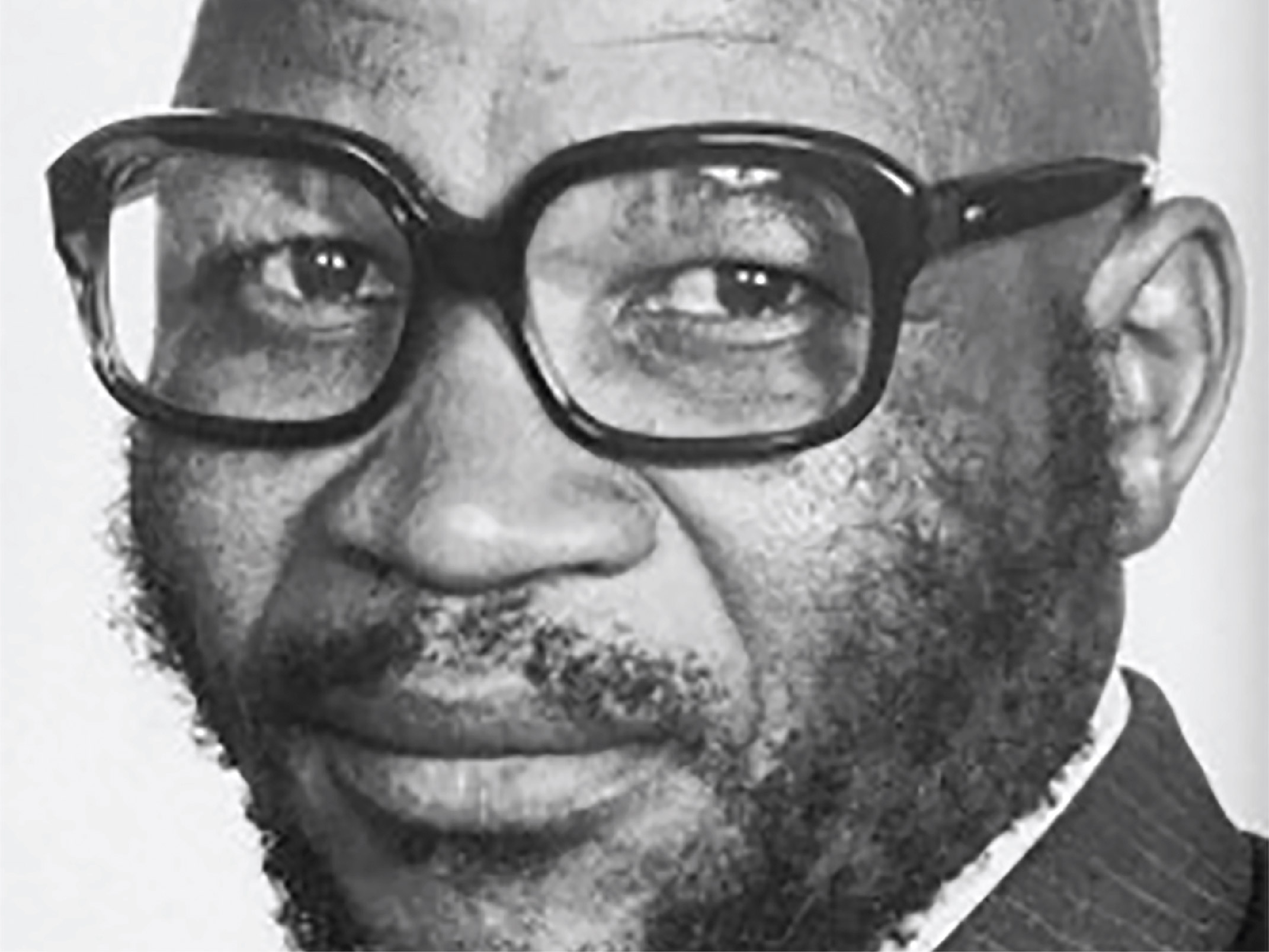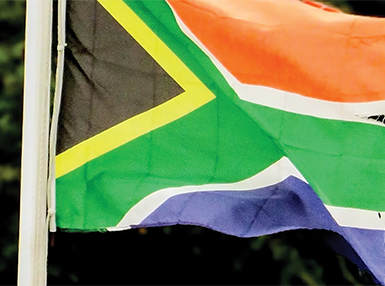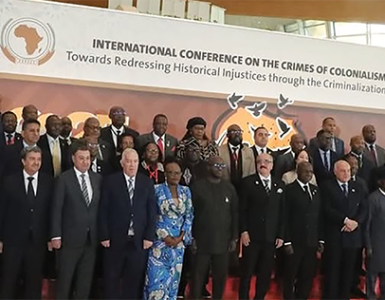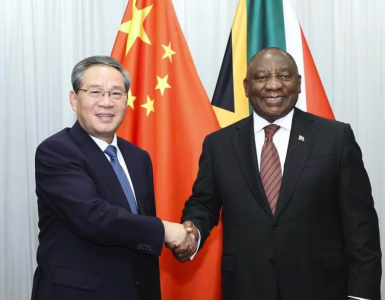JUSTICE:Gqabi family commemorates 40th anniversary of the anc leader’s death with call for perpetrators to be brought to book
By Rapitse Montsho
TOMORROW July 31 2021 marks 40 years since the brutal assassination of Joe Nzingo Gqabi in Zimbabwe. But, will the everlasting grip of pain engulfing his wife and daughter defy hate, so hate can be scorned by democracy? Who is Joe Nzingo Gqabi and where is the truth that Mrs Nomazotsho Gqabi must pardon?
Joe Nzingo Gqabi was born on the 06 April 1929 in the rural village of Aliwal North in the Eastern Cape. His personal experience of dire poverty imbued in him the revolutionary spirit of clear analysis of how to conduct the armed struggle against the apartheid regime. The stark reality of the hideous realities of apartheid caught up with him when he was a young adult.
From his birth place of Aliwal North, Joe Gqabi went to De Aar in the Northern Cape and later travelled to Johannesburg. He met his wife, Nomazotsho Aurelia, in Johannesburg and was married in October 1958. In 1959, The Gqabi couple were blessed with first-born child Nonkululeko in 1959 and in 1961, Jomo, who has since passed away upon returning to South Africa.
In 1952, he joined the ANC and the Communist Party underground machinery. As a photojournalist Gqabi’s best known investigative work was about the potato farms scandal of Bethal, where human remains were used as fertilizer for potatoes at the Delmas farms. This led to him be nominated for the much-acclaimed international award, the Julius Fuchik medal, which was only won by Brian Bunting and Govan Mbeki at the time. In 1960, Gqabi was among the 2000 political detainees after the PAC led Sharpeville massacre.
During the generations of apartheid resistance, Gqabi became a committed and distinctive volunteer of the newly formed umKhonto weSizwe, the armed wing of the ANC. When MK was formed on 16 December 16 1961 in Botswana, Gqabi heeded the clarion call of the conference declaration that said, “The time comes in the life of any nation when there remain only two choices, submit or fight…”.
Naturally, Gqabi was among the first volunteers to go for military training in Nangin, China, in the art of war and plastic explosives. Gqabi was a part of a unit of 6 that included Andrew Mlangeni, Raymond Mhlaba, among others. Upon his return, he was arrested in the then southern Rhodesia. and sentenced to two years for travelling illegally. He was re-arrested and charged under the Sabotage Act. In 1963, he was arrested once more in the northern part of Rhodesia with a unit of 28 MK operatives and deported to South Africa.
Tokyo Sexwale, who called Joe Gqabi the unstoppable hurricane, attributes the re-arrest of Joe to being involved in the ANC sabotage campaign on the Reef. He was sentenced to 10 years, adding to the two-year sentence, and thus served 12 years on Robben Island, where, together with Mac Maharaj, Andrew Masondo and Ahmed Kathrada, became part of a communications committee. Joe Gqabi was released on the August 19 1975.
The unstoppable hurricane would then engage with the 1976 student’s revolt. Mrs Gqabi admitted at the TRC that her children never really knew their loving father, who actually enjoyed parenting. The uprisings, which prepared the solid foundation for the turning point of South Africa’s leadership, would need to be considered on account of Gqabi’s milestone contributions.
Firstly, Gqabi worked closely with the courageous young men and women who dared to rise up against the racist regime. Secondly, he provided a vital link between those who prosecuted the struggle internally.
Gqabi was central in rallying most of the epic expectations over the Freedom Charter that,“South Africa belongs to all who live in it”. As diverse as the formations and ideologies of the broad resistance movement were, Gqabi was able to articulate a common ground that apartheid was archaic, demonic and had to be replaced. In 1987, OR Tambo admitted that 1976 “caught the ANC by total surprise…we were not prepared for it,” he adds. Gqabi was in tune with the pulse of the youth uprisings, though.
On the 40th-anniversary of his assassination, tomorrow, we ought to ponder whether the courageous sacrifices that the Gqabi family made for our democracy are what we are living for. Needless to say, Mrs Gqabi has also reached her octogenarian years. Gqabi’s life was an embodiment of a crystally clear message of a better life for all. This was the most cherished article of faith by Joe Gqabi.
Gqabi and Nomazotsho’s resistance to apartheid affirmed the supreme value of sacrifice for democracy. South Africa today needs to respond to the burning question whether our democracy has become compatible to the objectives that Gqabi sacrificed his life for. The ideals of a paradox of the morality anpractice of democracy ought to inform us that much is at stake
He developed the June 16 youth to leave South Africa both as an expression of sacrifice and the advancement of democracy. His intense preoccupation with the June 16 youth is better known for instilling a mature pattern of resistance, insistence on dignity and respect to punctuality. Two months after his release, Gqabi was eager to receive instructions from the exiled leadership. During this period, Gqabi worked in Johannesburg near the Westgate station as a store manager for Kupukani.
That time, Gqabi sent me to Swaziland to receive instructions from the ANC leadership in Swaziland, John Nkadimeng and Stanley Mabizela. Nkadimeng’s instructions were short and stern: “Tell Joe we need him outside”.
Gqabi left in 1977 for exile to intensify the internal struggle from Botswana. He was later deployed as the first chief ANC representative in the then newly independent Zimbabwe. By 1979, he was among the team of 6 members from the Politico-Military Strategy Committee, who developed the Green Book based on their visit to Vietnam.
In February 1981, an MK operative who worked with him, Joe ‘Kabelo’ Ganda, made a gruesome discovery of TNT explosives that were set by the enemy to explode under his car. Fortunately, Ganda who noticed the bomb on time notified the Zimbabwean police, prompting Gqabi to increase his security. There is, no doubt, this was not enough.
Gqabi had developed a direct relationship with the then Minister of State Security Emerson Mnangagwa, who is now the president of Zimbabwe. They held regular meetings that dealt with a range of issues about the struggle.
Around 8 and 9 pm on the night of July the 31 1981, the apartheid regime mounted a cruel blow to the ANC. The manoeuvres by the Zimbabwe CIO personnel, Collin Evans and Gary Bramfield, together with some SA Intelligence agent Varke Visser and others bore the hallmarks of ultimate heartlessness of apartheid.
Mrs Gqabi first heard of the brutal murder of her husband on radio and was compelled to verify the sad news at a house of her friend and comrade Jonas Gwangwa.
Geraldine Fraser-Moleketi vividly recalls that night of horror: “On the fateful evening of the assassination when we arrived at the Ashdowne Park House in Chitepo and realized that something had happened. “Our immediate response was to inform Minister Mnangagwa in a bid for assistance. He called the head of intelligence and others to come to the scene”, Fraser-Moleketi recalled.
On the scene, it could not be confirmed if the 18 bullet cartridges were from the Israeli-produced Uzzi. Fraser-Moleketi admits that Ganda and her saw the virtues of evil from vicious people whose intention was to stop the momentum of the struggle as represented by Gqabi.
Minister Mnangagwa, who was enroute to a summit in Zambia, took the young and gravely angered Ganda to Lusaka to brief the ANC leadership. The brutal murder became an apocalyptic moment of history for Mnangagwa, Zimbabwe, Ganda, Geraldine and the entire ANC. It altered the course of the ANC both internally and externally. Never had there been a more eager disposition of the popular peoples’ power that involved the democratic movement inside South Africa, the intensity of the armed struggle, economic sanctions against the apartheid regime and the international boycotts towards total liberation than since 1981.
Zimbabwe declared a State funeral for Gqabi in full support of what the government called “a just fight”. At the funeral of Gqabi, Tambo, made a painful admission when he said, “to say the enemy has struck us a blow is to tell the truth… we are all at this graveside here today because the march from Africa’s colonial past to her social liberation continues, but we stand on these solemn grounds here today at the instance of Joe Gqabi who has been struck down…”
His son, Jomo, passed away without recovering from that deadly ambush. In 1985, the Gqabi family had seen the effects of the Klerksy Raid in Botswana.
In 2004, Joe Gqabi was reburied in Aliwal North, where a 40th year memorial ceremony will be held on the 31 July 2021. A disheartening feature for Mrs. Gqabi is that the Gqabi home in Aliwal North is dilapidated and in ruins. Is this a desirable legacy that the democratic government can bequeath the Gqabi family, one would ask? Their fight for the destruction of apartheid was to bring sovereignty to the people in an unrestricted manner as part of the outcome of the liberation struggle.
“There has been no formal engagement to require us to forgive the killers,” recalls MaGqabi. “Why must I forgive faceless people who have never asked for forgiveness. I am delighted to realize that after 40 years since my husband was murdered, some investigation is now in progress, this may bring to a closure the painful years that my children and I have suffered. My heart bleeds when I think of the killing of my husband, I have not found closure. If those people are still alive, I would like them to apologize to me here in my house in Soweto. They must tell me who sent them to kill my husband and what exactly was their mission,” added their daughter, Nonkululeko.
The killers of Joe Gqabi are tainted with guilt, selfishness and immorality of their mission to murder 50 leaders of the African Nation Congress. MaGqabi and Nkululeko’s wish is to conduct a full and credible investigation reveals the source of the unfettered evil visited upon her family.
Rapitse is a film maker and videographer as well as an emerging farm































